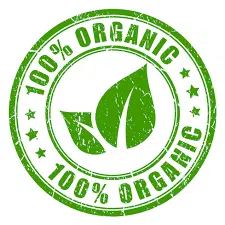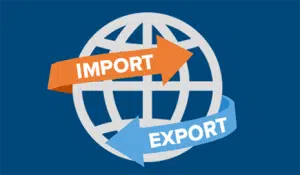20th May, 2025
 Demand for natural and organic products has seen great potential in recent years. What sort of trends do you see in this sector?
Demand for natural and organic products has seen great potential in recent years. What sort of trends do you see in this sector?

Procurement Manager – Choitrams
Hi, I am Pankaj Sajnani, I am a procurement manager in Choitrams, I am heading the grocery, food, grocery, non-food category. I have been in this organisation for the past 20 years. See in this sector there is only sustainable & organic products but there should be eco-friendly, clean and transparent label, plant-based & keto-friendly as these products are now more in trend.
Are there any challenges you face in this sector?
Yes, there are challenges like escalating prices, in the last two years prices are rising very, very high and on top of that supply chain challenges are also present, the consistency of available products in the market is low. So, we have to plan accordingly to maintain the inventory in our warehouse to cater to the end consumers.
What are the major products or industries that you source from and which country?
So, currently we are majorly sourcing the grocery, food & non-food side of business. Grocery, non-food have very limited SKUs in terms of general merchandise, we also mainly procure Fresh Produce and Organic Products as well. Primarily we are importing from the UK, USA, Australia & European belt. For the Asia sector we are largely sourcing from Thailand and Philippines.
Any specific product that you would like to highlight that is more in trend or you will be procuring more these days?
No product but nowadays the snacking category is thriving. In line with our partnership with Sainsbury’s most of our products come from the United Kingdom, which is doing great!
What do you look for when selecting a new product or brand to bring in the portfolio? Can you give an example?
Firstly, we do a GAP analysis, we try to understand the consumer demands; for instance you can see that the Dubai chocolate, Kunafa chocolate is very popular. Suppose it is available locally, we can change courses with our local suppliers as the SKU should be readily available in stores to cater our customers with new products or ideas. Basically this is how we identify category gaps where there is a room available for new products.
If there is a situation where the category gaps aren’t too flooded with many SKU we try to do the Catman project which is basically removing the tail and adding a new portfolio. With this we are catering to our end consumers, where quality isn’t affected and the product should be readily available.
How important are certifications like Organic, Halal etc. in the decision-making process?

What are the most common mistakes new suppliers make when they work with you?
The common mistakes are the lack of market understanding, for instance in terms of the Saudi Market the laws for import and export are much different compared other GCC countries. Its better they need to understand the mandatory documents required when importing and exporting. New vendors should also be aware of all the laws.
Since you mentioned that you have been working for around 20 years in this industry what advice you would give to new businesses that are trying to enter to GCC market?

UAE has been a way to re-export into the Saudi market as well. So, what are your thoughts on that?
The Export Market is now flourishing in this part of the world; UAE is a hub for multicultural customers and a bigger hub for re-exporting as well.
